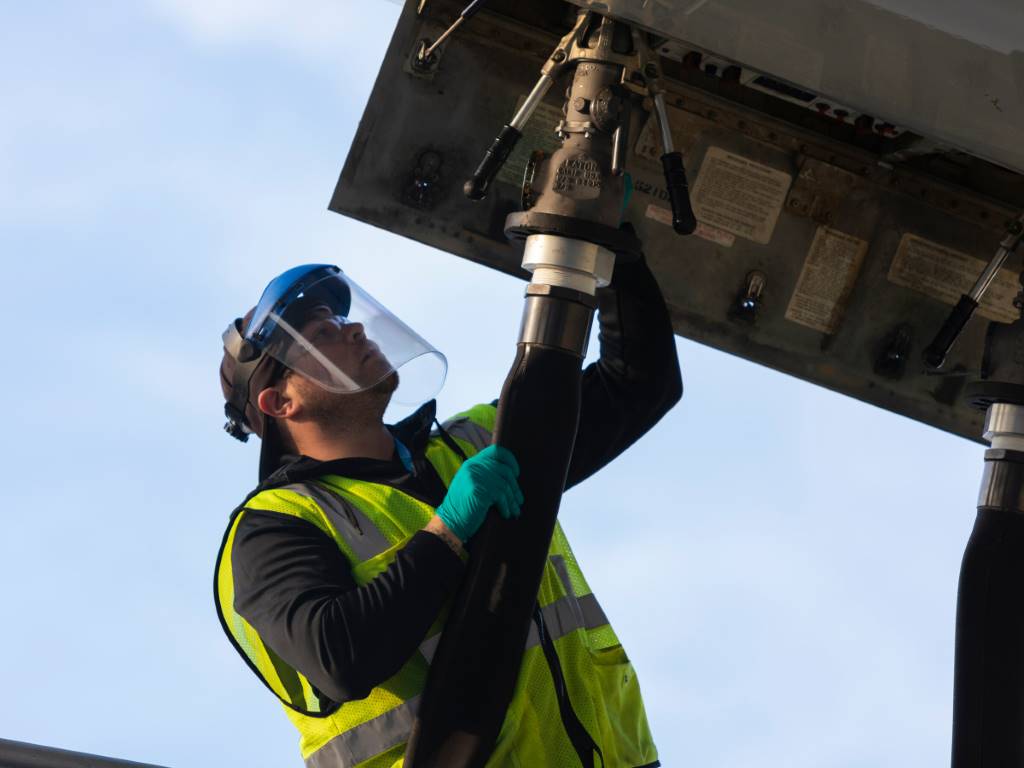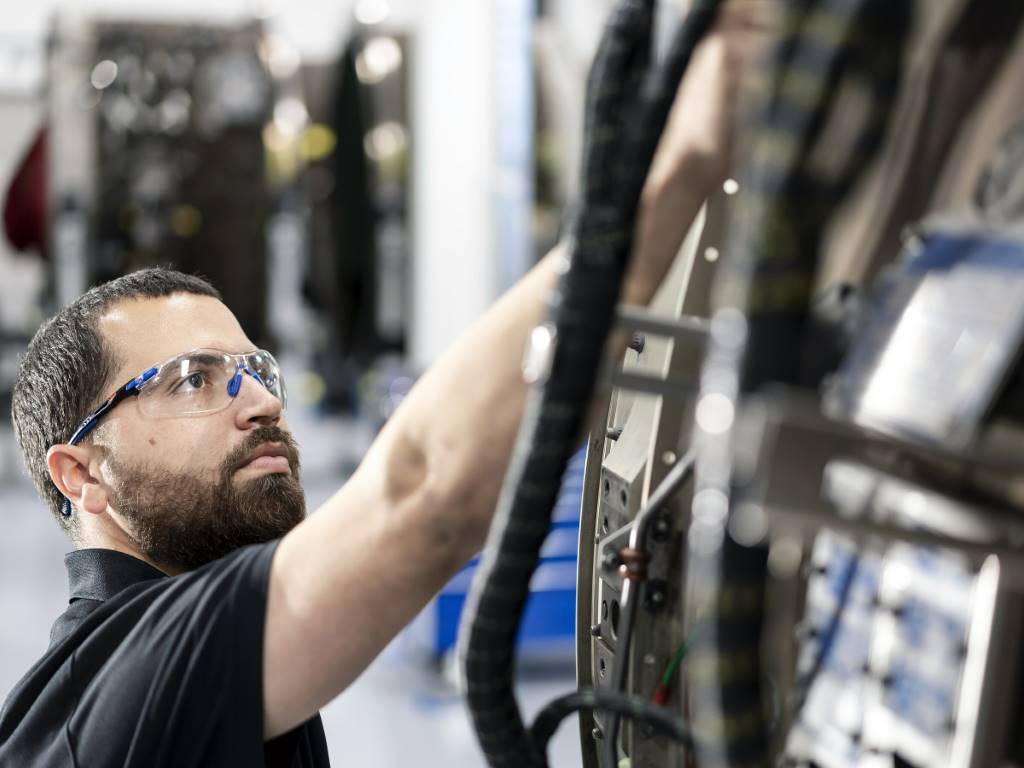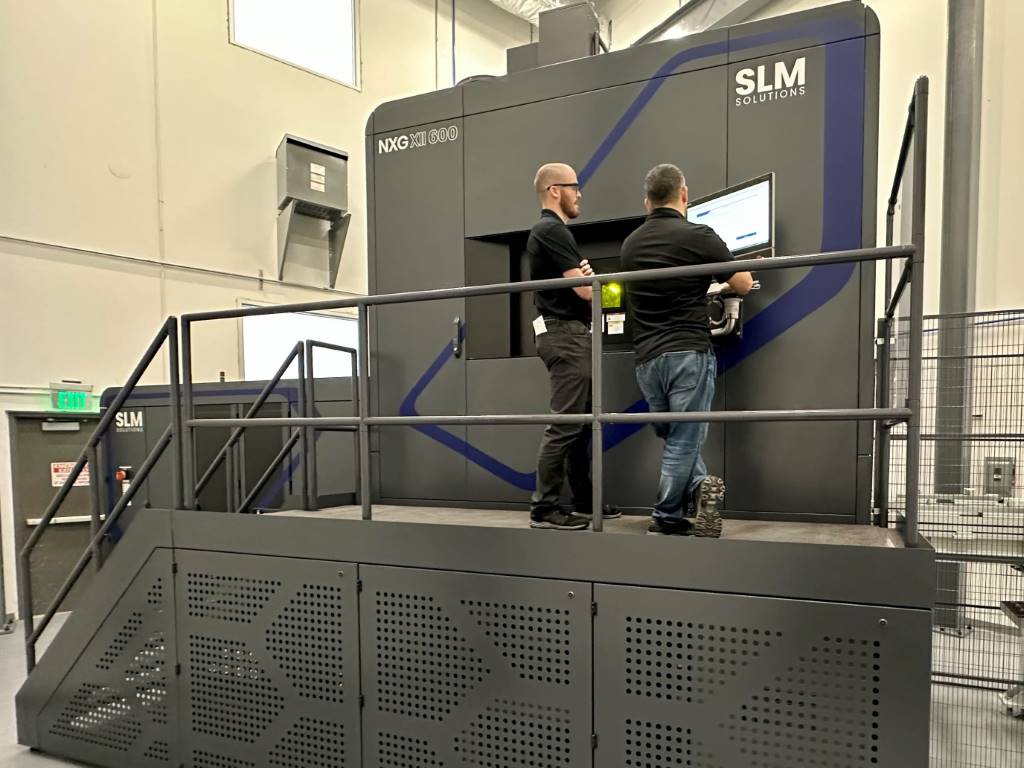Facing the facts
The huge cash injection of public money preventing the collapse of the financial services industry sees the UK experiencing unprecedented times. As University of Warwick's Dr John Garside explains...
The huge cash injection of public money preventing the collapse of the financial services industry sees the UK experiencing unprecedented times. As University of Warwick's Dr John Garside explains, the country now faces an even greater challenge in maintaining its standard of living and global influence.
A country's wealth defines its standing in the world and throughout history nations have become rich by mining, growing or making things. The reality is the UK relies on large overseas borrowings to maintain our standard of living. In March 2009, research organisation, the ERA Foundation published a report entitled ‘The Sustainability of the UK Economy in an Era of Declining Productive Capability', which included data up to 2007 on the state of the UK trade balances. This revealed that the balance of trade has declined 20% per year since 2000, standing at a negative £60 billion in 2006, 5% of the UK's GDP. This deficit has been accommodated by a surplus in the Financial Account, which represents the sale of UK assets and corporate debt. Without these funds the UK could not have afforded to finance its current trade deficits. No single initiative can resolve the dire economic situation facing the UK. It must embrace a balanced economy and one that can sustain profitable trade with the rest of the world. It cannot keep using the sale of its assets and debts to balance its accounts. Manufacturing must play a vital role in a balanced UK economy. It currently accounts for 50% of exports and is still a leading contributor to the balance of trade. It's difficult to comprehend why governments, key decision makers and financial institutions do not cherish the wealth and social benefits provided by our manufacturing industries, and appear content for them to transfer into foreign ownership. We have now reached the stage where, apart from the large aerospace and defence businesses of BAE Systems, Rolls Royce and GKN, it is difficult to name a UK publicly quoted OEM. Such companies head the supply chains, providing the orders for many tier suppliers who in turn produce components and provide the support services needed to deliver high quality products. The UK aerospace industry remains one of the few industries to provide this stimulus and wealth. Over the past three decades, politicians, economists and the financial services industry have believed that the UK could prosper as a post industrial nation. We must reassess the true value of manufacturing industries and realise overseas companies who purchase UK assets do it for their own benefit and take decisions that best meet the interests of their businesses and stakeholders. Without a strong UK owned manufacturing base, many value added professional jobs will move away. To rely on such companies to sustain the long term development of high level commercial and technical skills in the UK poses significant risks. The UK has a wealth of industrial talent and has led the world in the design of aircraft, nuclear power generating systems, high performance cars, pharmaceuticals, and much more. The rest of the world is desperately trying to develop many of these products but we seem to lack the political determination to muster our resources and make the necessary commitments. Our extensive aerospace knowledge is being squandered. The challenge of climate change is a great opportunity to use our expertise. However, if we do not have manufacturing industries capable of developing these new technologies, designing products and manufacturing them in an environmentally responsible way, we become reliant on foreign companies to solve the problems that threaten our future. www.warwick.ac.uk












